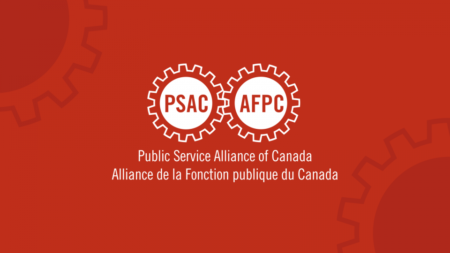Despite a week of denials, Treasury Board announced today it would unilaterally impose a restrictive hybrid work policy for all federal public service workers in the core administration.
This blanket policy mandates workers to come into the office 2-3 days per week, or 40-60% of their regular working hours; regardless of the operational requirements of their job.
The policy comes into effect January 16, 2023, and will be fully implemented by March 31. Agencies and separate employers have been urged to put in place similar policies.
The government’s decision doesn’t have the best interest of workers at heart and is completely at odds with the direction the government has been moving towards for remote work.
It’s unacceptable that right before the holidays, workers will be scrambling to make new arrangements for child care, transportation, and possibly relocating if they’ve been hired remotely and are now being asked to come into the office.
We demand that the government halt their plan. PSAC is reviewing all our options in response to this announcement, and will take the necessary steps to protect our members’ ability to work remotely.
Federal public service workers have proven they can deliver the services Canadians depend on, whether working remotely or in the office.
Remote work must be negotiated at the bargaining table
Remote work is a key issue at the bargaining table for PSAC’s 165,000 federal workers this round of bargaining, and unilaterally changing the terms and conditions of our members’ employment during negotiations is an egregious violation of workers’ collective bargaining rights.
The lack of clarity around the policy raises more questions than answers, and PSAC does not have confidence the government can put in place the health and safety requirements and the necessary tools for all federal public service workers to return to the office in the new year.
Members who have already returned to the office have told us they’ve come into the office without desks or chairs available for them, or returned to empty buildings to spend the entire day on video calls with colleagues working elsewhere.
We will continue to provide updates to PSAC members as we fight to protect our members’ rights.
This article was first posted on the PSAC website.








